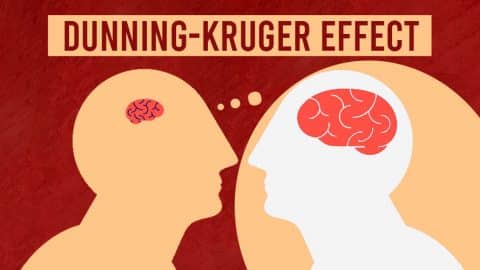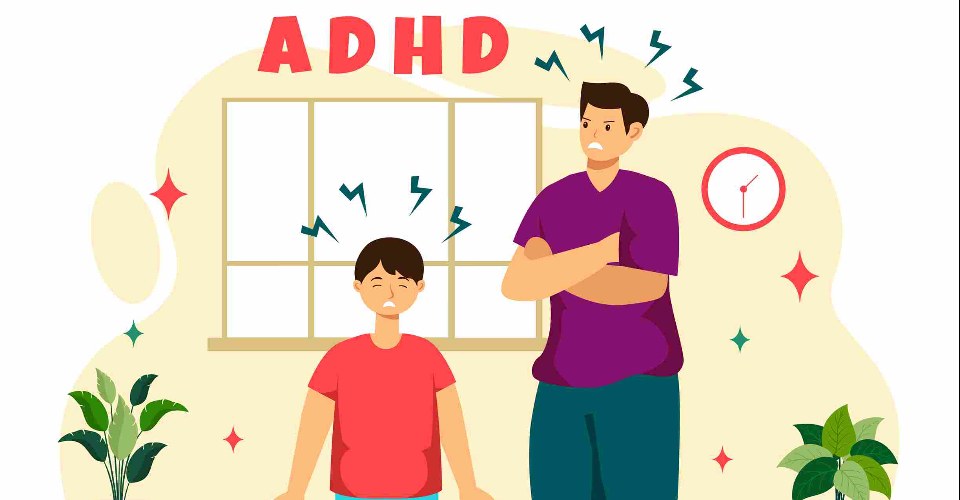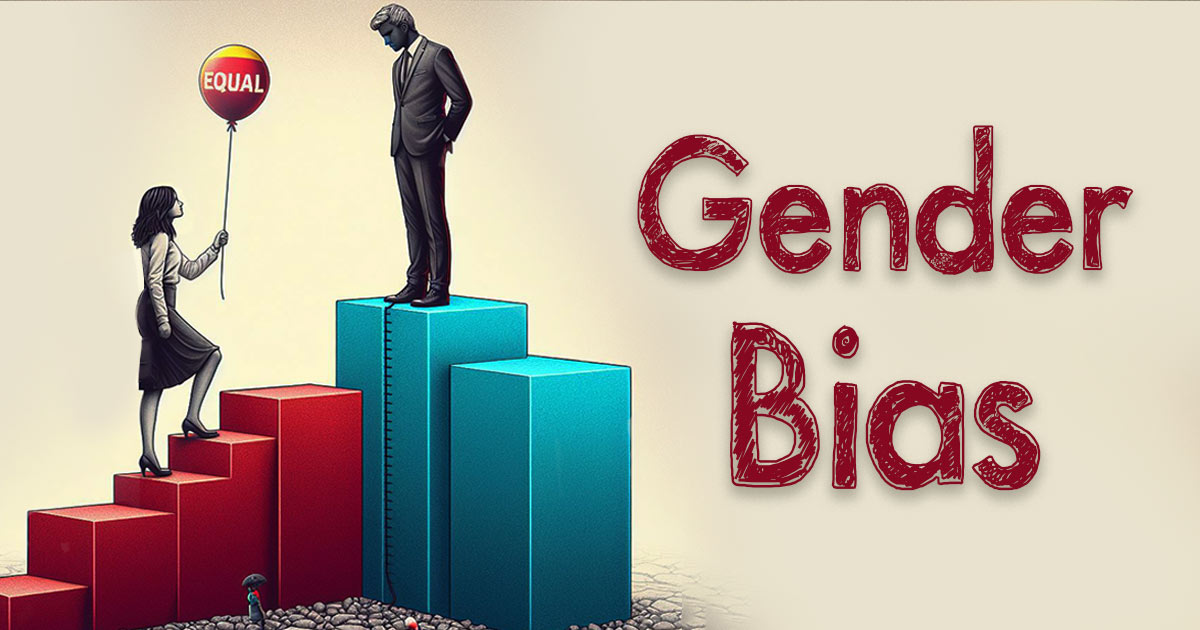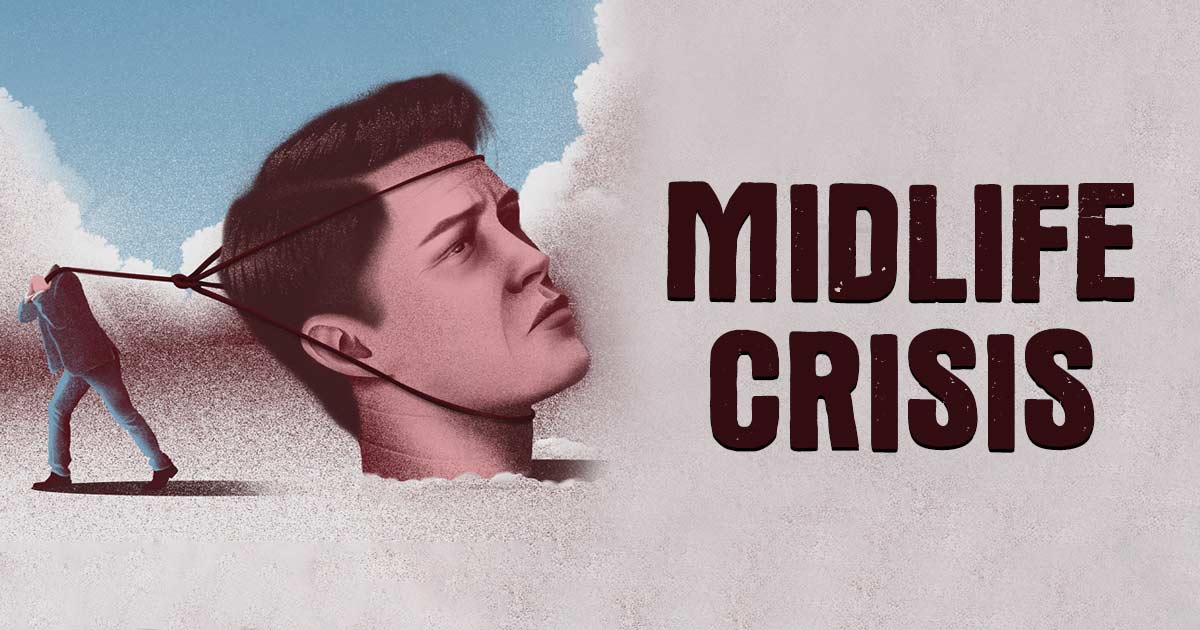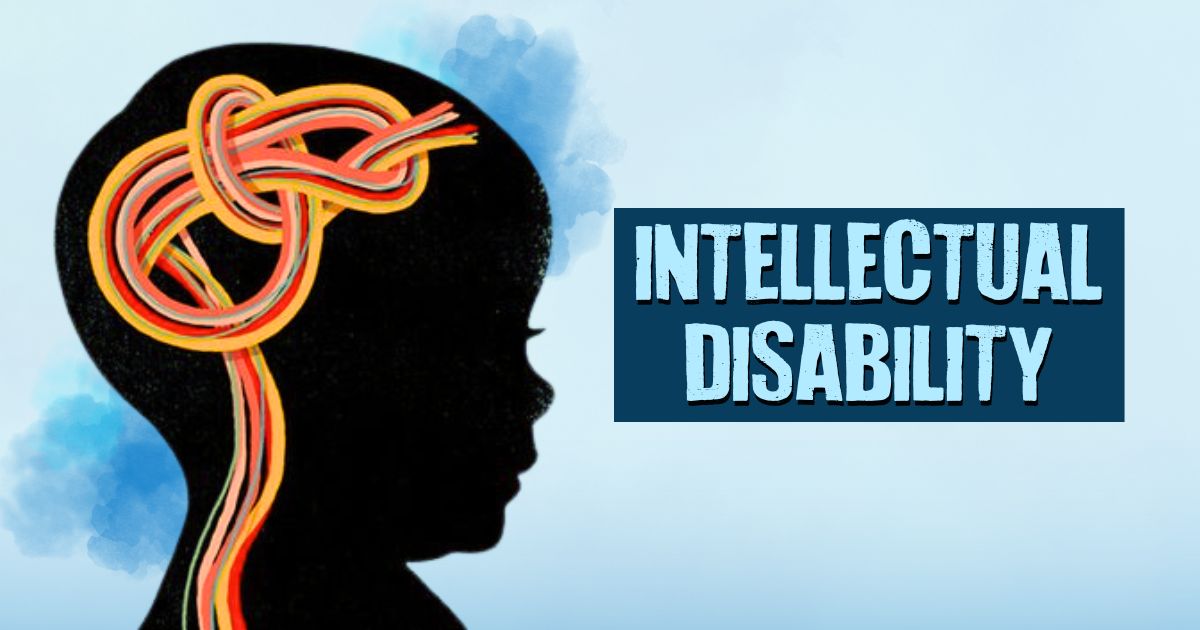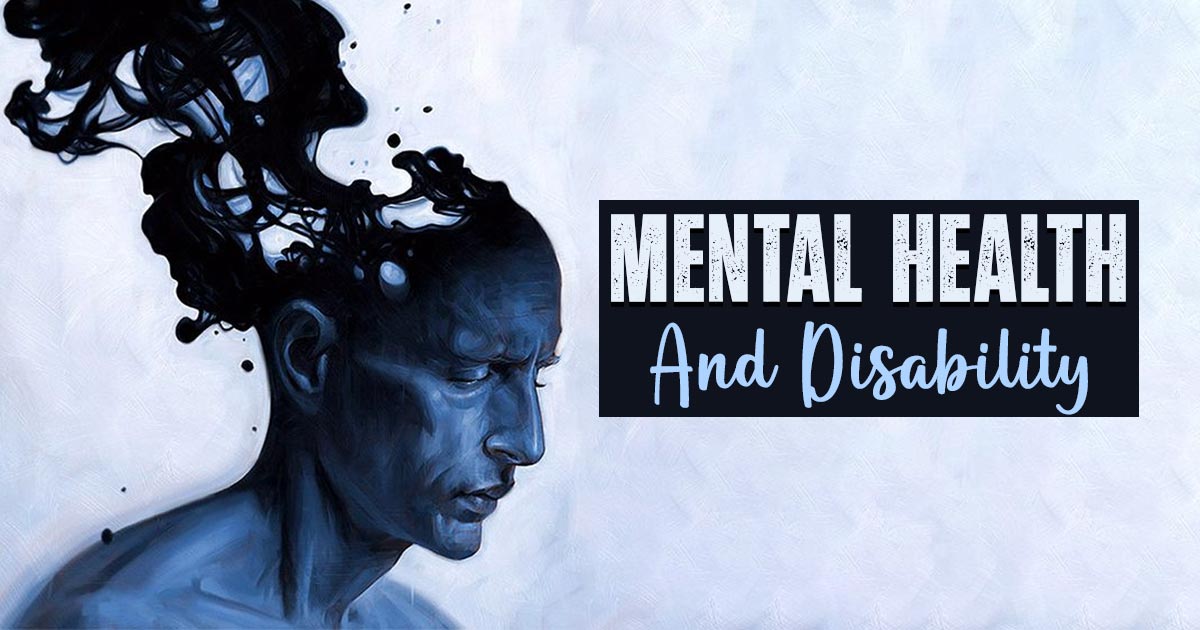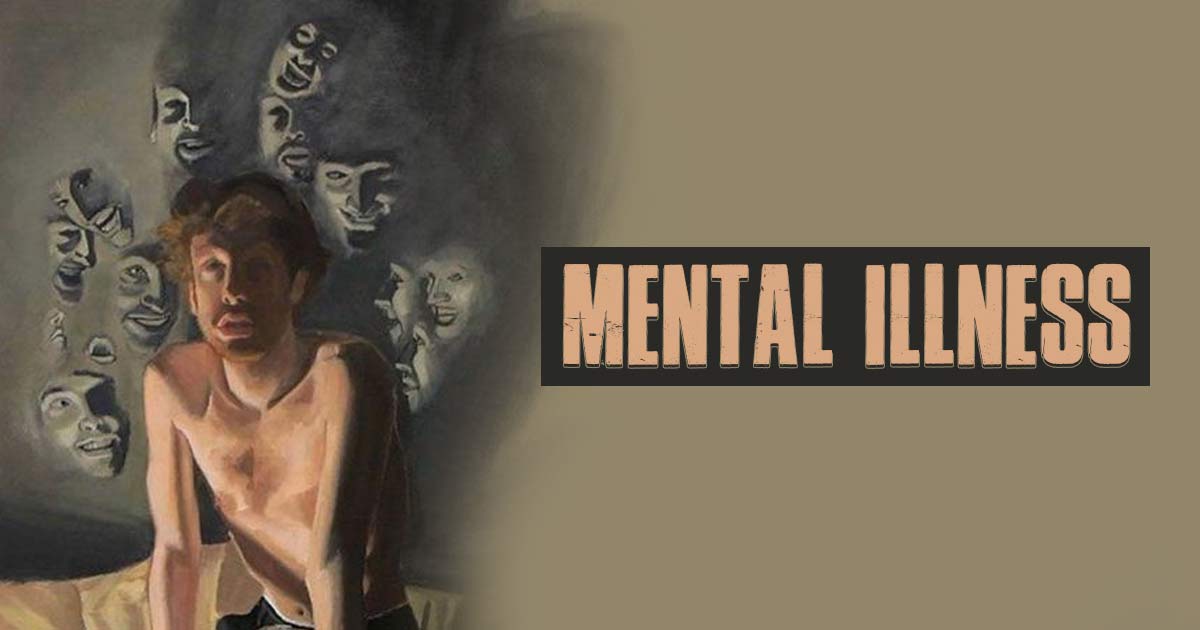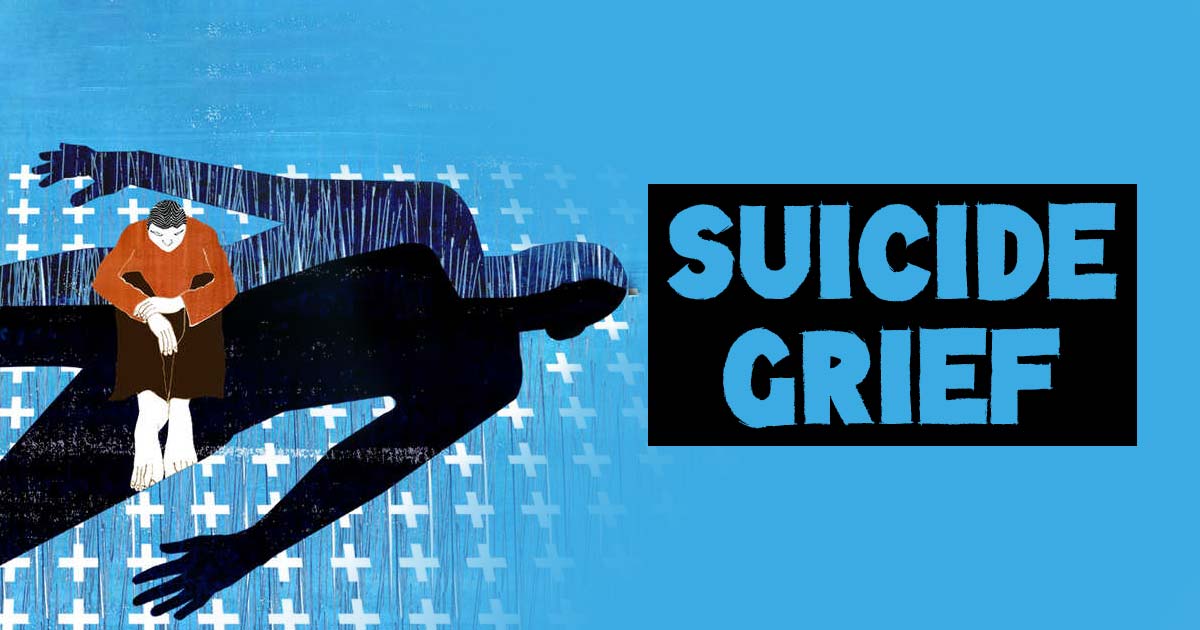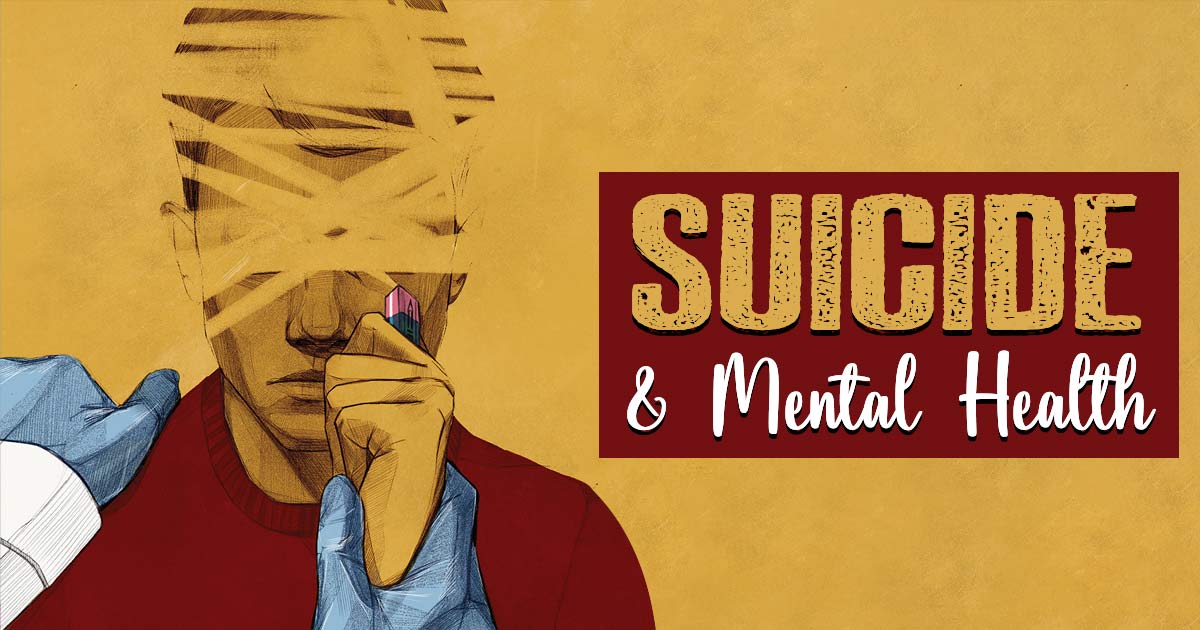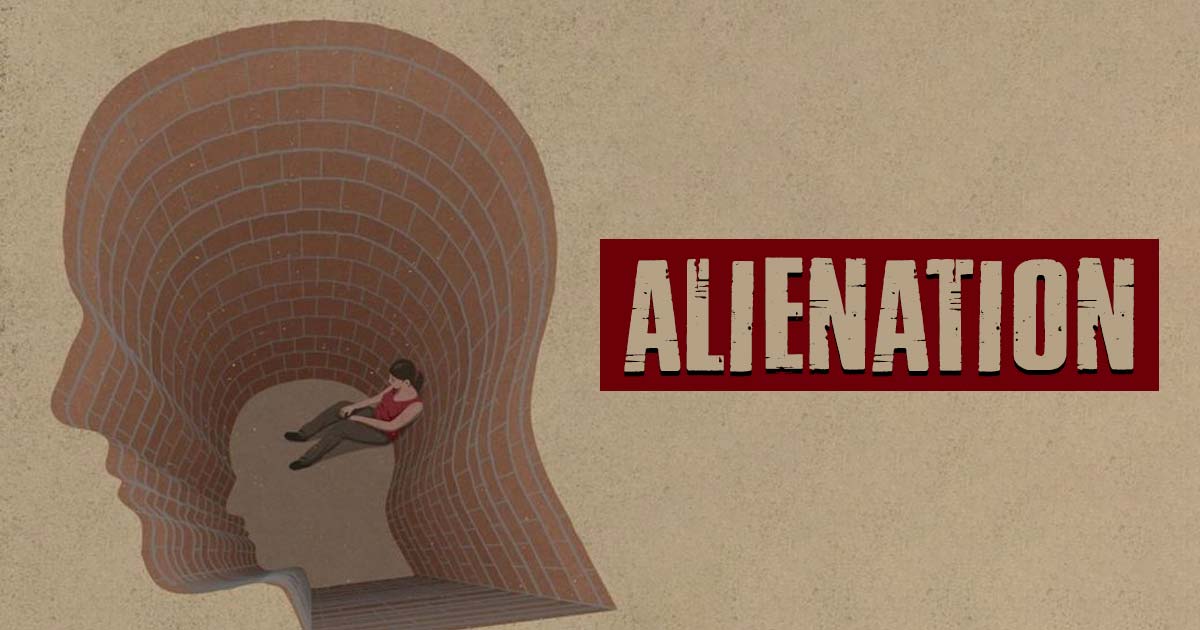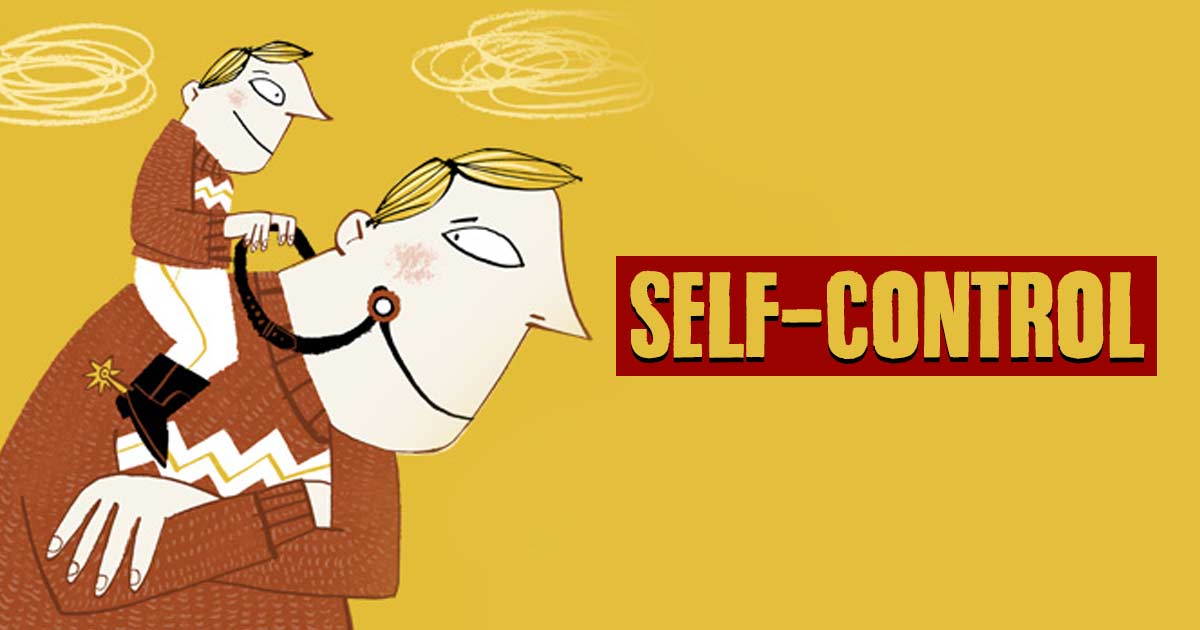The Dunning-Kruger effect is a psychological tendency in certain people who perform tasks poorly yet overestimate their knowledge and abilities compared to others. It is about being ignorant about their own ignorance.
What Is The Dunning-Kruger Effect?
In psychology, the Dunning-Kruger effect refers to a cognitive bias where individuals with low or limited knowledge or abilities in a given field or topic greatly overestimate their competence, relative to general people or their peers. A recent 2020 study 1 Zhou X, Jenkins R. Dunning-Kruger effects in face perception. Cognition. 2020 Oct;203:104345. doi: 10.1016/j.cognition.2020.104345. Epub 2020 Jun 9. PMID: 32531378. explain the bias as “a common failure of metacognitive insight in which people who are incompetent in a given domain are unaware of their incompetence.”
Due to the lack of self-awareness of metacognition, such individuals are unable to objectively analyze their own competence level. This bias makes an individual falsely believe that he or she is more capable and smarter than they actually are. It has been observed that people with low cognitive abilities lack the skills to identify their own incompetence.
This psychological concept explains why “fools” don’t realize that they are foolish. One 2017 study 2 Pennycook G, Ross RM, Koehler DJ, Fugelsang JA. Dunning-Kruger effects in reasoning: Theoretical implications of the failure to recognize incompetence. Psychon Bull Rev. 2017 Dec;24(6):1774-1784. doi: 10.3758/s13423-017-1242-7. PMID: 28224482. explains “The Dunning-Kruger effect refers to the observation that the incompetent are often ill-suited to recognize their incompetence.” The study found that one of the main reasons that some individuals are biased is because they “are either unaware of or indifferent to their own bias.” This effect is related to another cognitive bias known as illusory superiority where a person overestimates their own qualities in relation to others.
Read More About Cognitive Bias Here
Understanding The Dunning-Kruger Effect
The concept was first described in a 1999 research paper by social psychologists David Dunning and Justin Kruger. They explain “People tend to hold overly favorable views of their abilities in many social and intellectual domains.” During the study, the researchers evaluated participants on their sense of humor, logic (reasoning) and grammar. It was found that individuals whose performance was in the bottom quartile tended to rate their own skills a lot higher by dramatically overestimating it. For instance, participants who were in the 12th percentile on average rated their own performance in the 62nd percentile.
Researchers Dunning and Kruger attributed this psychological tendency to an issue of metacognition, which is our own ability to understand, identify and analyze our own performance, thoughts and emotions. In the study, the authors state “overestimation occurs, in part, because people who are unskilled in these domains suffer a dual burden: Not only do these people reach erroneous conclusions and make unfortunate choices, but their incompetence robs them of the metacognitive ability to realize it.”
Hence, people experiencing the Dunning-Kruger effect act more confident about their knowledge and skills than they should, yet they are unaware of their own overconfidence. In a 2008 study 3 Ehrlinger J, Johnson K, Banner M, Dunning D, Kruger J. Why the Unskilled Are Unaware: Further Explorations of (Absent) Self-Insight Among the Incompetent. Organ Behav Hum Decis Process. 2008 Jan 1;105(1):98-121. doi: 10.1016/j.obhdp.2007.05.002. PMID: 19568317; PMCID: PMC2702783. , Dunning, Kruger and colleagues explain “People are typically overly optimistic when evaluating the quality of their performance on social and intellectual tasks. In particular, poor performers grossly overestimate their performances because their incompetence deprives them of the skills needed to recognize their deficits.”
Application Of The Dunning-Kruger Effect
Studies have found that this cognitive bias can be applied to different domains, such as a person’s attractiveness 4 Greitemeyer T. (2020). Unattractive people are unaware of their (un)attractiveness. Scandinavian journal of psychology, 61(4), 471–483. https://doi.org/10.1111/sjop.12631 , politics, business and medicine. One 2018 study 5 Motta M, Callaghan T, Sylvester S. Knowing less but presuming more: Dunning-Kruger effects and the endorsement of anti-vaccine policy attitudes. Soc Sci Med. 2018 Aug;211:274-281. doi: 10.1016/j.socscimed.2018.06.032. Epub 2018 Jun 25. PMID: 29966822. found that “Dunning-Kruger effects can help to explain public opposition to vaccination policies.” However, the researchers found that the effect may not be in action all the time. An individual with this psychological tendency may not overestimate their competence in every situation or domain.
The Dunning-Kruger effect is especially observed depending on the domain or field based on which the person will evaluate their performance. It may also depend on whether the individual has some basic level of knowledge, ability or experience in that specific domain that could make them falsely believe that they are competent, knowledgeable or even an expert on the topic. It should also be noted that incompetent people may also be influenced by various factors such as motivational biases, to overestimate their competence.
It is believed that poor performers tend to overestimate their abilities as they have presumably low knowledge to identify their own limitations and hence they are unable to make accurate self-assessments. However, according to a 2013 study 6 Simons DJ. Unskilled and optimistic: overconfident predictions despite calibrated knowledge of relative skill. Psychon Bull Rev. 2013 Jun;20(3):601-7. doi: 10.3758/s13423-013-0379-2. PMID: 23345139. , if this is true, then the effect should disappear when these individuals are exposed to knowledge of their relative lack of ability & poor performance. “The finding of a Dunning-Kruger effect despite knowledge of relative ability suggests that differential self-knowledge is not a necessary precondition for the Dunning-Kruger effect,” explain the researchers. It is believed that in some instances, the bias may be associated with a different type of irrational optimism.
Causes Of The Dunning-Kruger Effect
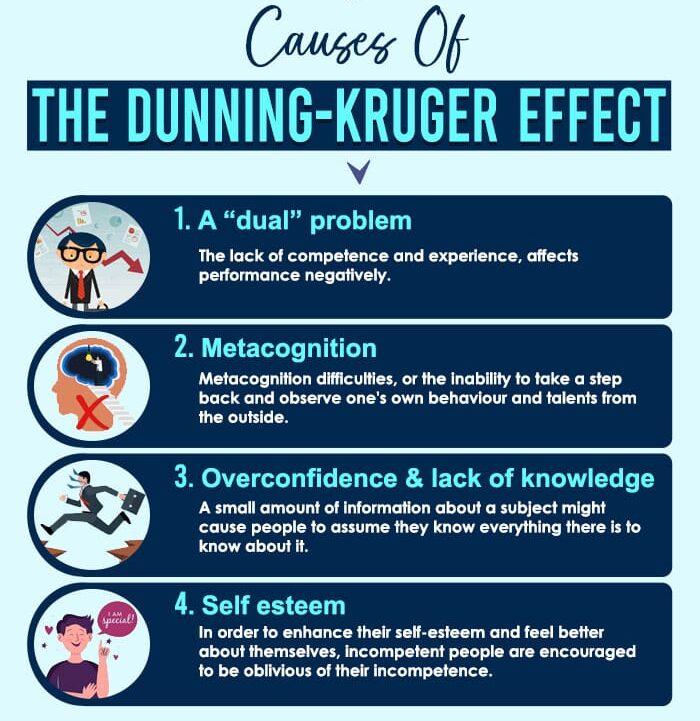
It is believed that one of the primary reasons why incompetent people inaccurately assess or overestimate their competence is the desire to appear confident. For these individuals, pretending to be competent or skilled may be more important than appearing inadequate or unskilled which may affect their self-esteem and sense of self worth. The bias can even affect smart and knowledgeable individuals who falsely believe that their expertise in one particular field can be successfully transferred to another domain.
Here are some of the most common and crucial factors that may lead to the Dunning-Kruger Effect in an individual:
1. A “dual” problem
According to a 2011 research paper 7 Dunning, D. (2011). The Dunning-Kruger effect: On being ignorant of one’s own ignorance. In J. M. Olson & M. P. Zanna (Eds.), Advances in experimental social psychology. Advances in experimental social psychology, Vol. 44 (p. 247–296). Academic Press. https://doi.org/10.1016/B978-0-12-385522-0.00005-6 by David Dunning, the effect is caused by a “dual burden,” which is related to low competence in a given topic. People are not just inept and unskilled, but their ineptitude prevents them from developing the mental ability to identfy how incompetent they really are. As they lack competence and experience, their performance is affected. Moreover, their incompetence also keeps them from realizing that they are performing poorly. A lack of skills and knowledge not only makes us incompetent but also ignorant of our own incompetence.
In his paper, David Dunning explains that poor performers are usually unaware of their own deficiencies in different intellectual and social domains. “Their deficits leave them with a double burden – not only does their incomplete and misguided knowledge lead them to make mistakes but those exact same deficits also prevent them from recognizing when they are making mistakes and other people choosing more wisely,” writes Dunning.
2. Metacognition
Studies 8 McIntosh RD, Fowler EA, Lyu T, Della Sala S. Wise up: Clarifying the role of metacognition in the Dunning-Kruger effect. J Exp Psychol Gen. 2019 Nov;148(11):1882-1897. doi: 10.1037/xge0000579. Epub 2019 Feb 25. PMID: 30802096. have shown that metacognition has a significant role to play in the occurrence of the Dunning-Kruger Effect. Metacognitive insight and task performance relies on the same skills, hence incompetent people perform inadequately and lack insight. When we lack the knowledge to perform well, we are unable to judge how well we have performed. In psychology, this is known as metacognition, the ability to evaluate knowledge or lack thereof. It is believed that individuals who are skilled in a particular domain tend to have stronger metacognitive abilities than those who aren’t skilled in that particular field or subject.
Metacognition allows us to pause and observe our own thoughts and behavior in an objective manner. Most of us can only assess ourselves from our own limited individual perceptions. When we lack metacognition, our self-assessment is riddled with our subjective conceptions which makes us think we are overly talented, skilled or knowledgeable, especially when compared to others.
Due to this lack of metacognition, some individuals struggle with identifying their real abilities. “This meta-ignorance (or ignorance of ignorance) arises because lack of expertise and knowledge often hides in the realm of the “unknown unknowns” or is disguised by erroneous beliefs and background knowledge that only appear to be sufficient to conclude a right answer,” adds David Dunning in his paper.
Read More About Metacognition Here
3. Overconfidence and lack of knowledge
Confidence is considered as one of the most vital traits a person can have in our society. Unfortunately, “the confidence people hold is often not matched by their actual achievement,” states a 2009 study 9 Ehrlinger, J., Johnson, K., Banner, M., Dunning, D., & Kruger, J. (2008). Why the Unskilled Are Unaware: Further Explorations of (Absent) Self-Insight Among the Incompetent. Organizational behavior and human decision processes, 105(1), 98–121. https://doi.org/10.1016/j.obhdp.2007.05.002 . Having limited knowledge can often result in feelings of overconfidence. For some people, gaining little knowledge about a particular topic can make them think that they know everything there is to know about the topic.
This cognitive bias can make someone feel like an expert in a particular subject even though they may have the tiniest bit of knowledge and awareness about it. “One of the most common findings in behavioral decision research is that people have unrealistic beliefs about how much they know. Specifically, people tend to overestimate their knowledge and ability in many different domains,” explains a 2013 study 10 Parker, A. M., & Stone, E. R. (2014). Identifying the Effects of Unjustified Confidence versus Overconfidence: Lessons Learned from Two Analytic Methods. Journal of behavioral decision making, 27(2), 134–145. https://doi.org/10.1002/bdm.1787 . And this overestimation can lead to overconfidence which can further affect their competence.
4. Self esteem
Our intrinsic need to protect our self-esteem may be another contributing factor leading to the Dunning-Kruger. Most people do not enjoy looking down on themselves or being looked down upon. When we realize that we are not competent in a particular domain, it can make us feel bad and adversely affect our self-esteem and sense of self worth. It can make us feel like we are not smart, intelligent, competent or capable enough. As we don’t usually want to plead ignorance, we may pretend to be smart or skilled in a specific domain. This can be a subconscious or conscious response to protect our self-esteem. Hence, someone can overestimate their own abilities and competence as a natural response to such situations.
One 2015 study 11 Kim, Y. H., Chiu, C. Y., & Bregant, J. (2015). Unskilled and Don’t Want to Be Aware of It: The Effect of Self-Relevance on the Unskilled and Unaware Phenomenon. PloS one, 10(6), e0130309. https://doi.org/10.1371/journal.pone.0130309 found that unskilled people feel motivated to be unaware of or ignore their incompetence so that they may boost their self-esteem and feel better about themselves. The researchers state “when individuals have poor performance in a domain of ability that is important to the self, their self-enhancement motive may drive them to ignore their incompetence.”
Read More About Self-Esteem Here
How The Dunning-Kruger Effect Affects Us
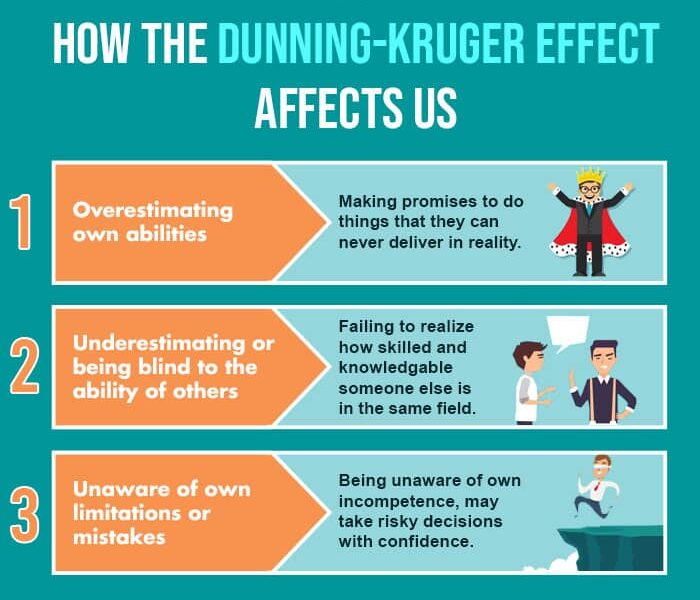
Ignorance and a lack of awareness are perhaps the most prominent effects of this cognitive bias. Ignorance can make someone highly incompetent. It has been observed that incompetent people with this phenomenon tend to:
1. Overestimate their own abilities
They falsely believe that they are highly competent and are better in a particular domain than in reality. They may make promises to do things that they can never deliver in reality.
2. Underestimate or blind to the ability of others
Incompetent individuals with the Dunning-Kruger Effect may fail to realize how skilled and knowledgable someone else is in the same field they consider themselves to be an expert in. They are also incapable of acknowledging skills in other people in work or in daily life.
3. Unaware of their own limitations or mistakes
Such people often fail to identify the extent of their inadequacy. As they are unaware of their incompetence and lack of knowledge, they may take risky decisions with confidence. Moreover, they can also be incapable of evaluating their own poor performance and the resultant outcomes.
Who Is At Risk?
Anyone can show signs of this psychological tendency as most of us have experienced the Dunning-Kruger Effect at least once in our life. A recent 2020 study 12 Greitemeyer T. (2020). Unattractive people are unaware of their (un)attractiveness. Scandinavian journal of psychology, 61(4), 471–483. https://doi.org/10.1111/sjop.12631 found that most “people are prone to favorable self‐views.” We are highly likely to believe that we have more positive traits than negative ones compared to other people. “Interestingly, people tend to believe that they are less prone than others to be positively biased in their self‐perceptions,” adds the study.
Even knowledgeable, skilled and experienced individuals are prone to overestimate their competence and experience due to the Dunning-Kruger Effect. Skilled people often mistakenly think they can transfer their expertise in a particular domain to other fields, even though they have less experience in the new domain. Hence, even the smartest and most talented people can suffer from this bias.
However, talented individuals are not only prone to overestimating their performances, they may even underestimate their competence when compared to others, unlike poor performers. A 2008 study states “The incompetent are not alone in their difficulty with accurate self-assessment. These same studies suggest that top performers consistently underestimate how superior or distinctive their performances are relative to their peers.” During their original 1999 research, David Dunning and Justin Kruger found that “the top 25%” of performers assessed that their competence was in the 70th to 75th percentile, when in reality their skills lay in the 87th percentile on average.
The researchers believed that such underestimation may arise from a unique factor not evident in incomptent people. It has been observed that top performers believe their tasks (or the tests conducted in the research) are easier compared to their skills. Hence, they wrongly assume that others, including poor performers, also found the tasks to be equally easy. In comparison, their own performance seems average to them.
Smart people or top performers with experience in more domains tend to be less confident as they have higher levels of metacognition. They are aware of what they do not know and can identify weaknesses, complexities and knowledge gaps that a person with limited knowledge may overlook. However, Dunning & Kruger found that when the top performers are exposed to the performance of their peers in the same test or task, they tend to partially realize how above average their performances are compared to their peers.
How To Identify The Dunning-Kruger Effect?
As this bias can affect everyone, it is crucial that we learn to recognize this thought pattern and realize if we are experiencing this effect. Biases are often caused by certain patterns that our brains look for while processing information to make better decisions. Although it is easier to identify the Dunning-Kruger effect in other people, like coworkers, family members and friends, it can often be difficult to realize when we are affected by a cognitive bias.
What needs to be realized is that no one can know everything or be an expert in every domain. Even if we gain mastery over a number of different fields, we can still have limited knowledge about certain other subjects. Moreover, as the Dunning-Kruger is not necessarily associated with low intelligence as both incompetent and skilled individuals can be affected by it.
One of the very first steps to identify this bias is to learn about this bias. It is only when you are aware of the Dunning-Kruger effect, you can find out whether you are affected by it or not. Once you understand what this bias is, you need to develop your self-awareness and ask yourself how truly efficient you are in areas where you are most confident. The more heightened your metacognition is, the better you will be able to recognize if you are experiencing this bias.
Coping With The Dunning-Kruger Effect
Even though all of us are prone to experiencing this phenomenon, we can learn to avoid the adverse effects of this psychological tendency with practice and patience. Gaining more knowledge, exploring new domains and having more experience can help to increase our metacognition and self-awareness about our own skills and competence. Moreover, questioning our own opinions about our abilities and gaining new viewpoints can also help us shift our mindset.
Another helpful way is to ask for feedback from others we trust and respect. This can help us identify our flaws and help us grow. However, constantly learning about a specific subject and exploring new domains is the only way to ensure we can overcome this cognitive bias.
Read More About Coping With The Dunning-Kruger Effect Here
Learning Is The Key
The Dunning-Kruger effect is only one type of cognitive biases that impacts our thoughts, emotions and behaviours. Although we may easily identify the effect on others, it can be difficult to know when we are experiencing the phenomenon. It is only by constantly learning and experiencing, we can improve our metacognition and awareness that can help us realize how much we actually know.
When we understand the causes of this psychological tendency and how we can overcome it, we can empower ourselves to enhance our competence, perform better and develop genuine confidence.
The Dunning-Kruger Effect At A Glance
- It is a hypothetical cognitive bias stating that people with low ability at a task overestimate their ability.
- This bias makes an individual falsely believe that he or she is more capable and smarter than they actually are.
- People experiencing the Dunning-Kruger effect act more confidently about their knowledge than they should, yet they are unaware of their own overconfidence.
- Ignorance and a lack of awareness are perhaps the most prominent effects of this cognitive bias.
- Anyone can show signs of this psychological tendency as most of us have experienced the Dunning-Kruger Effect at least once in our life.

